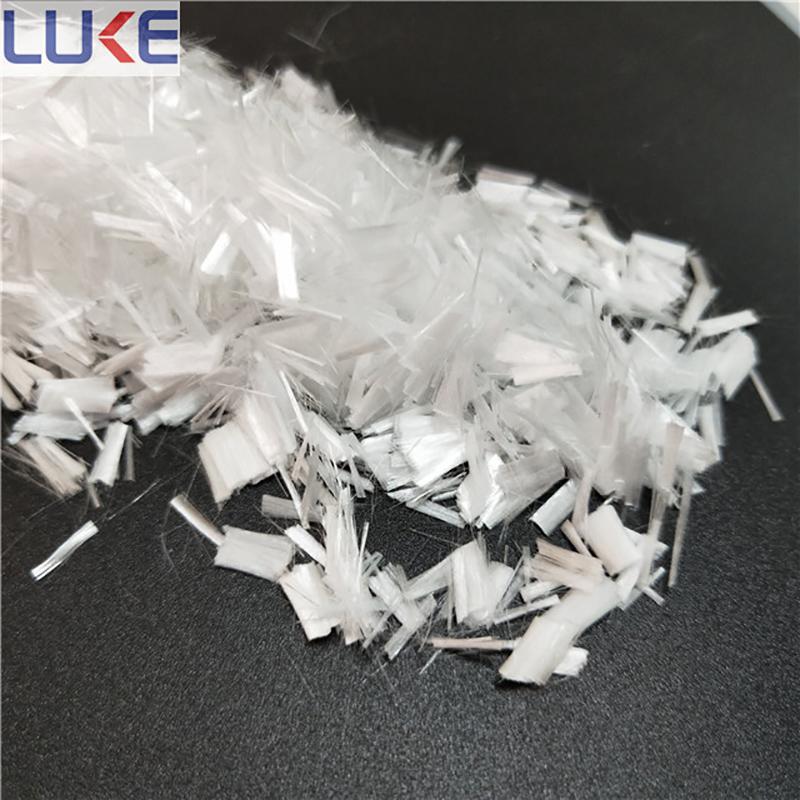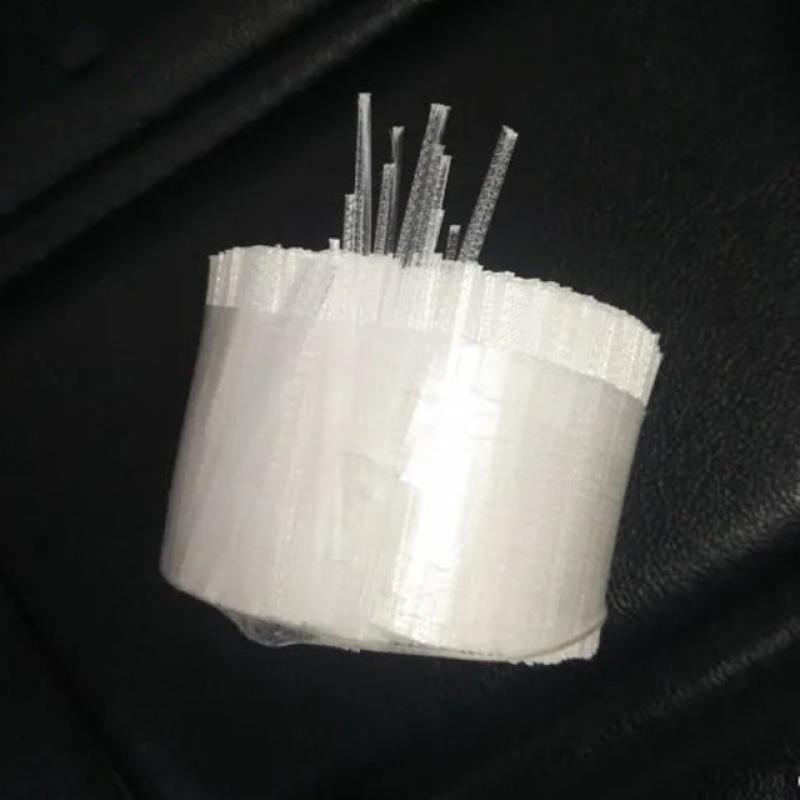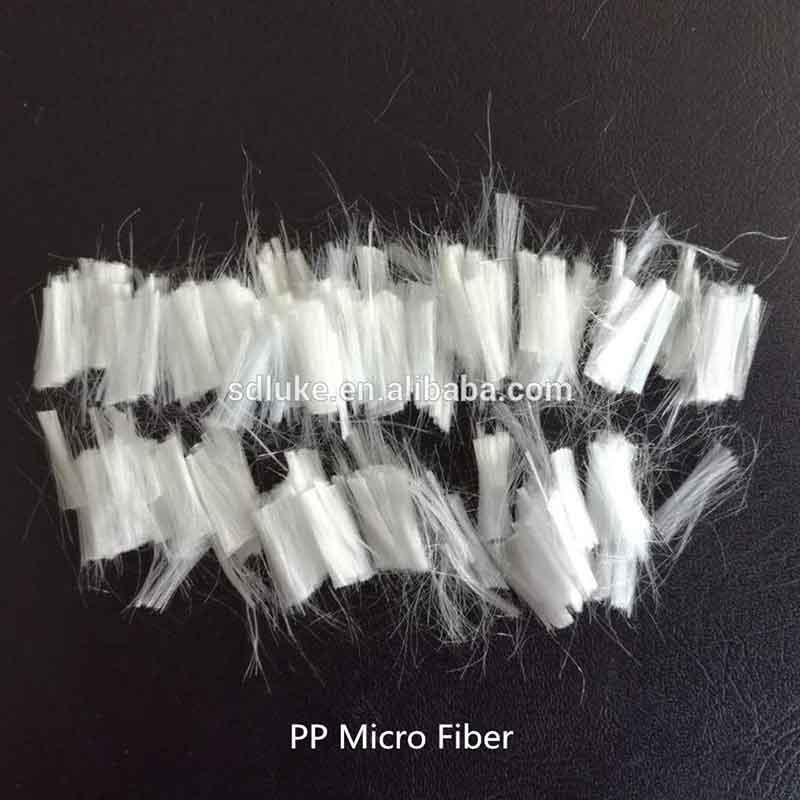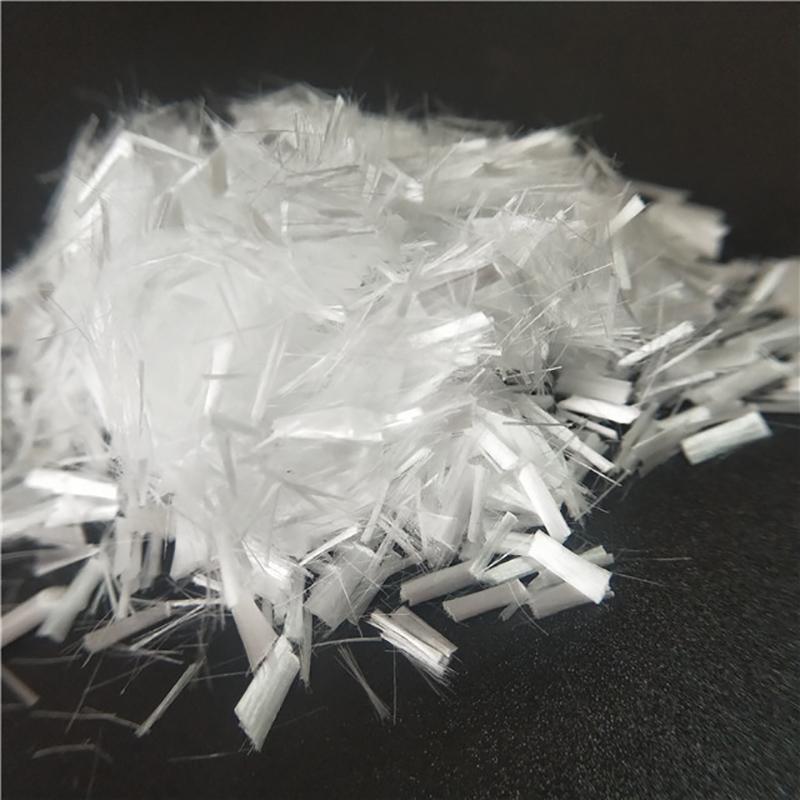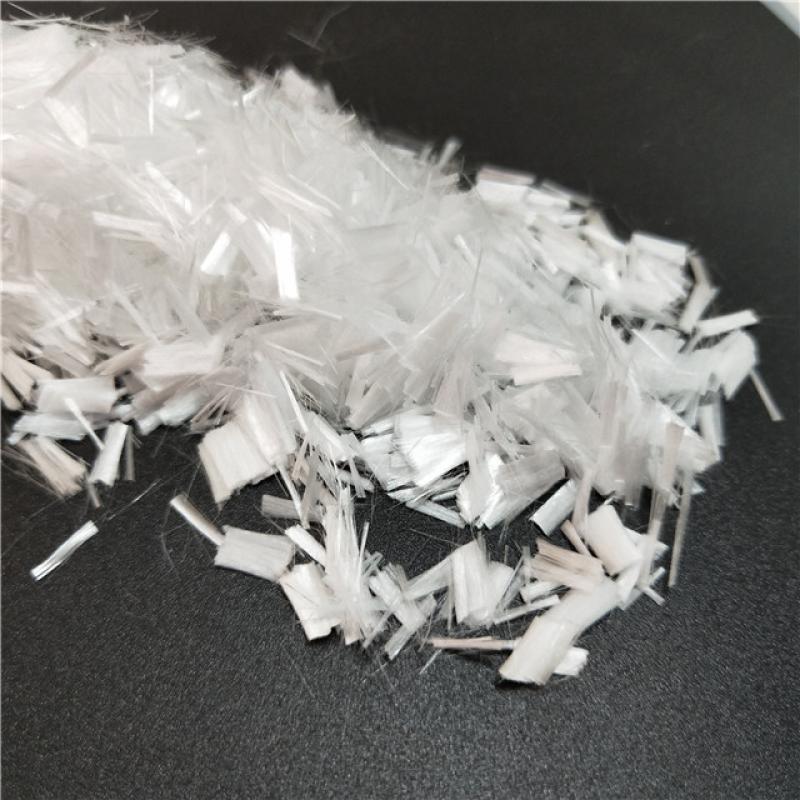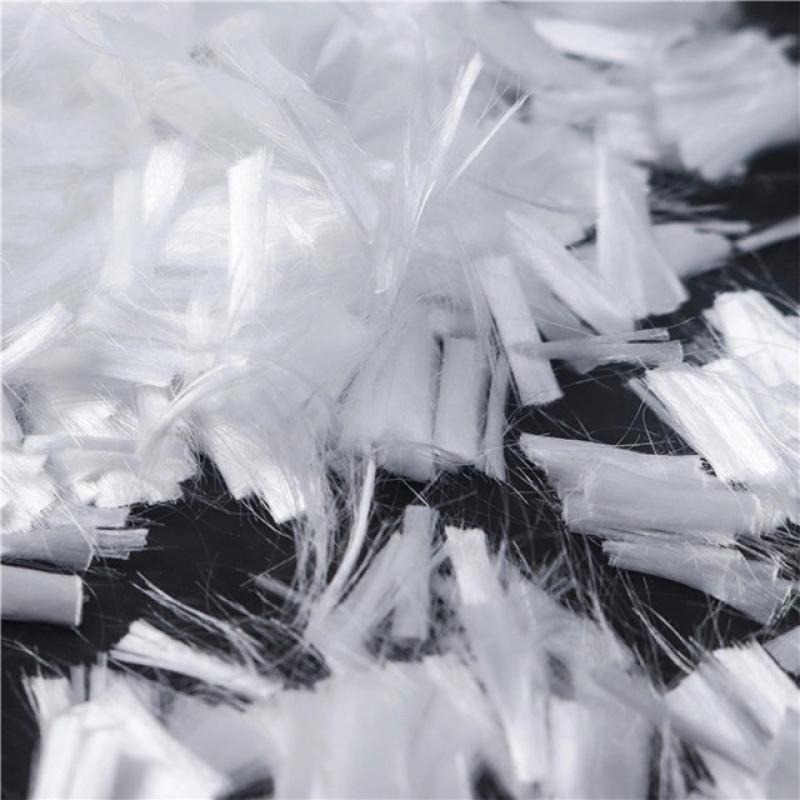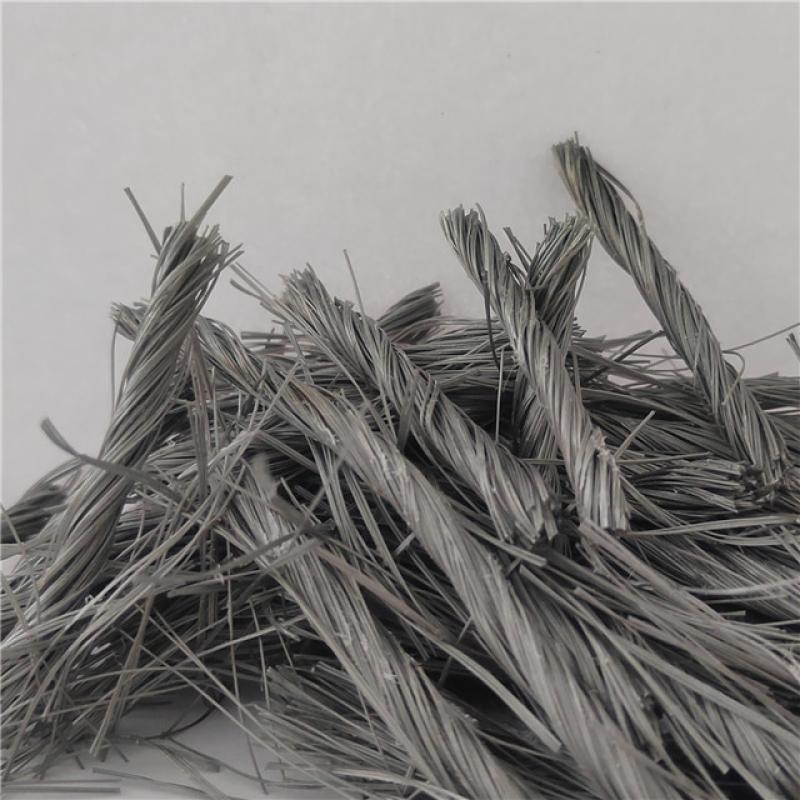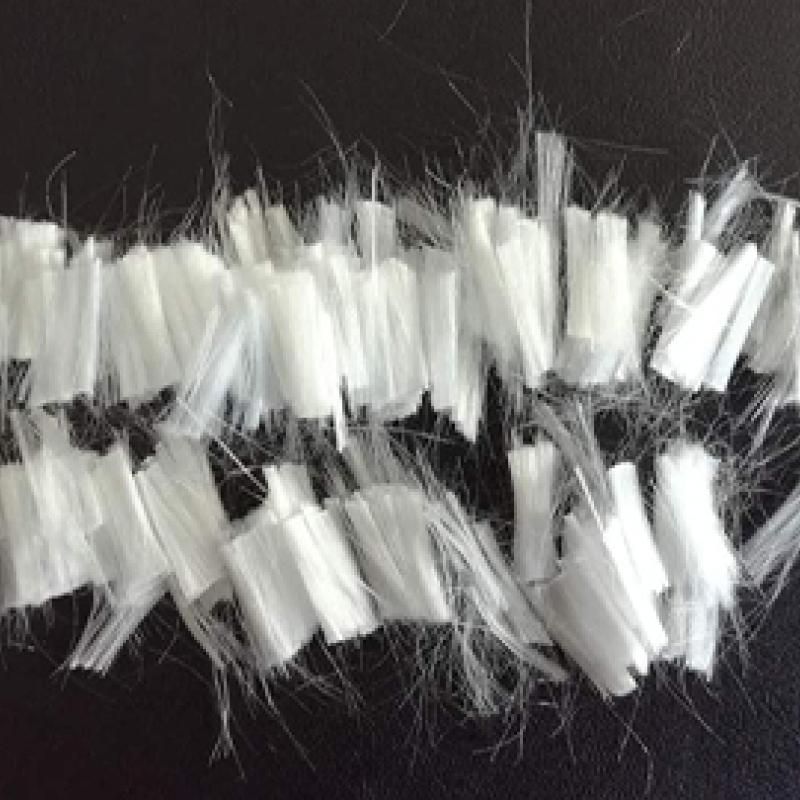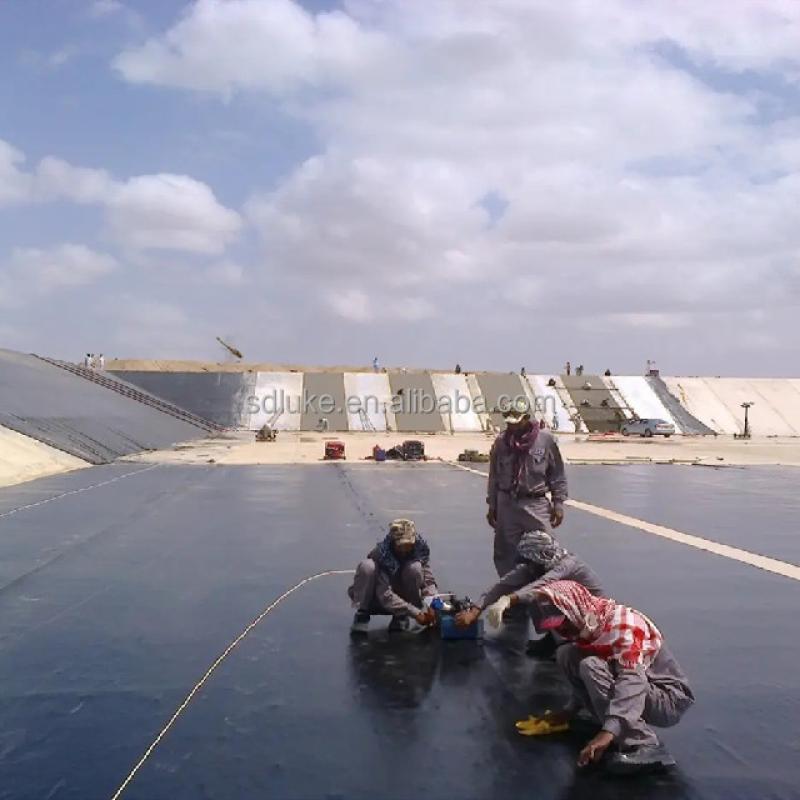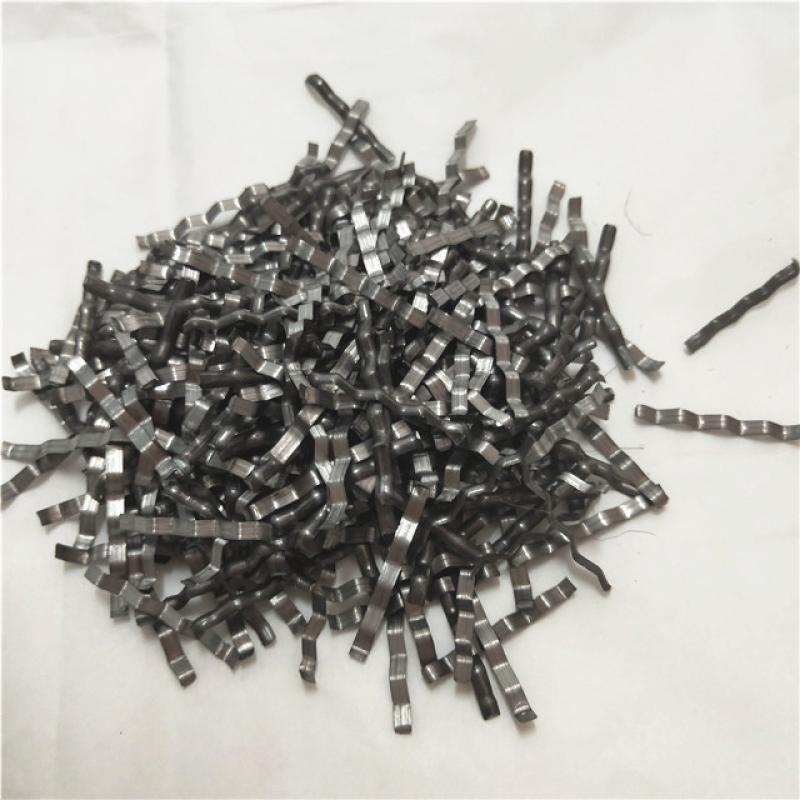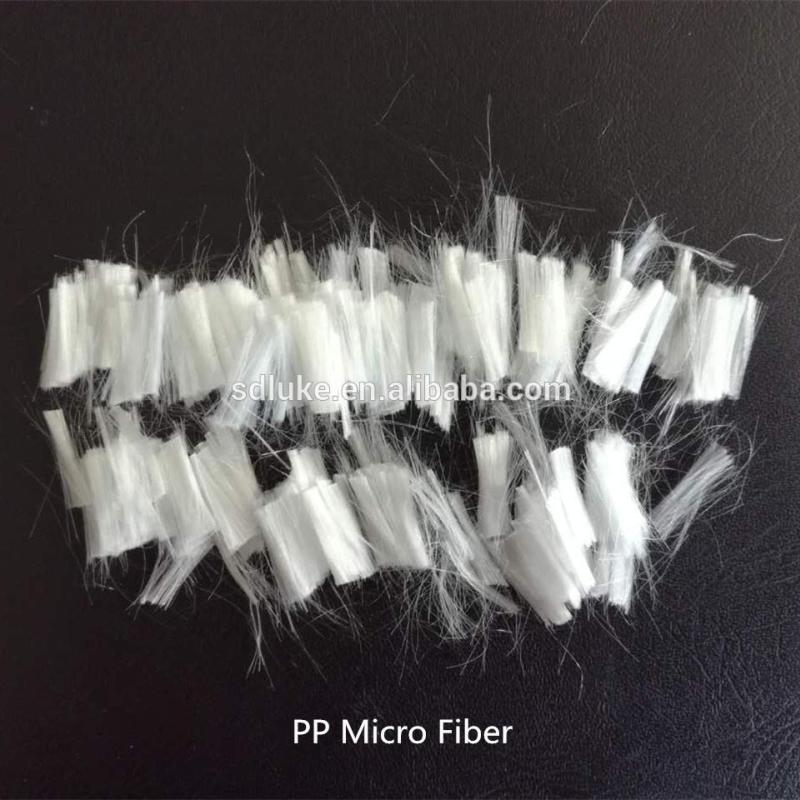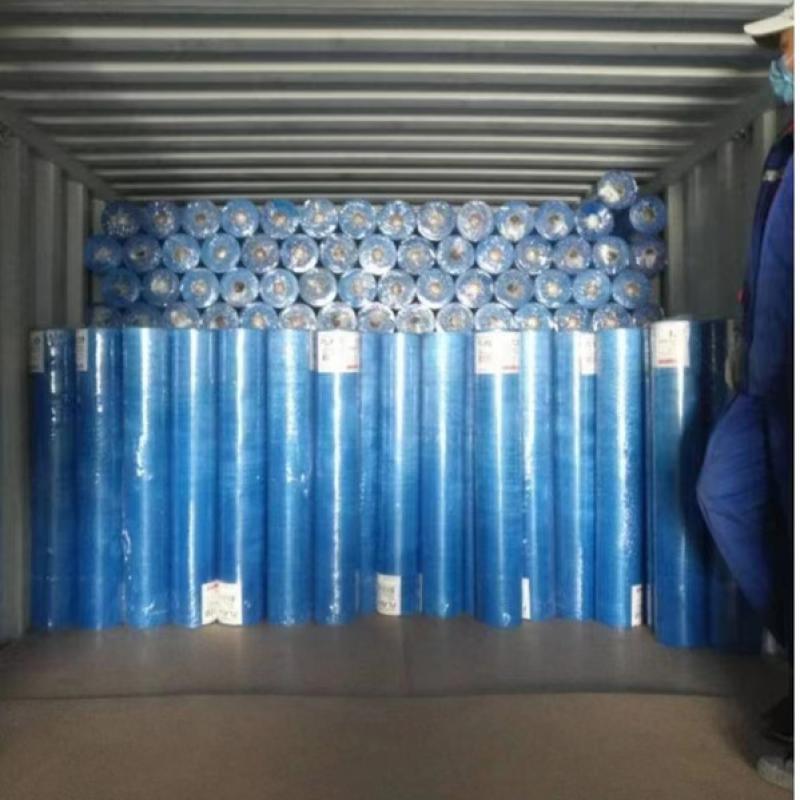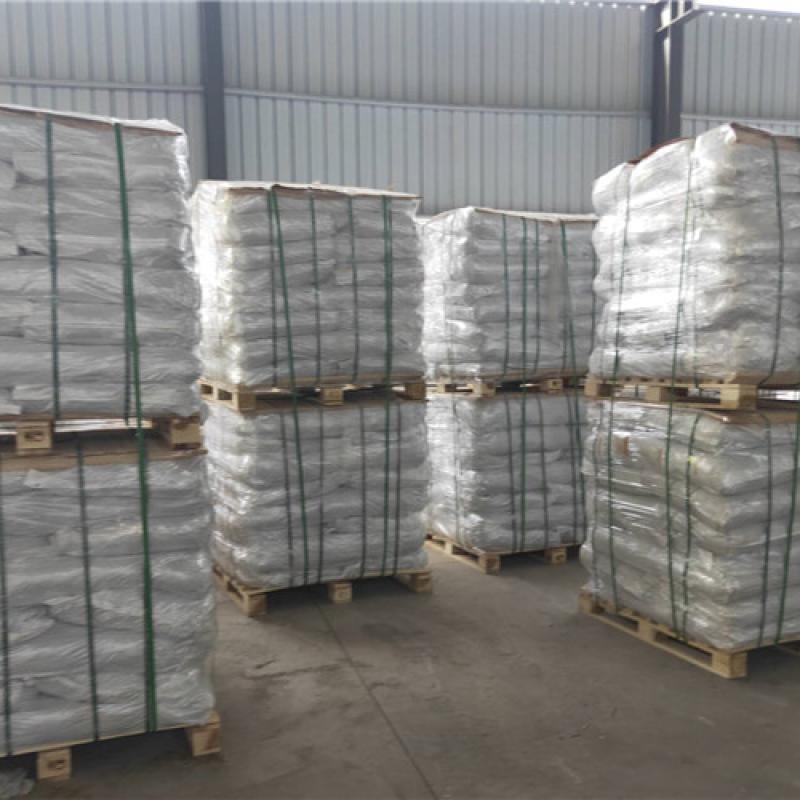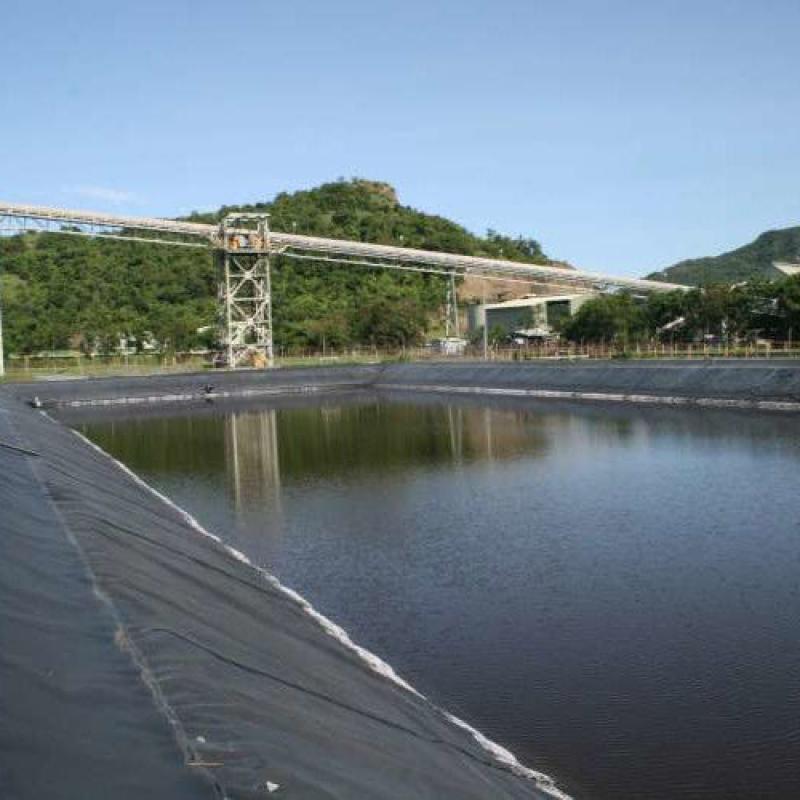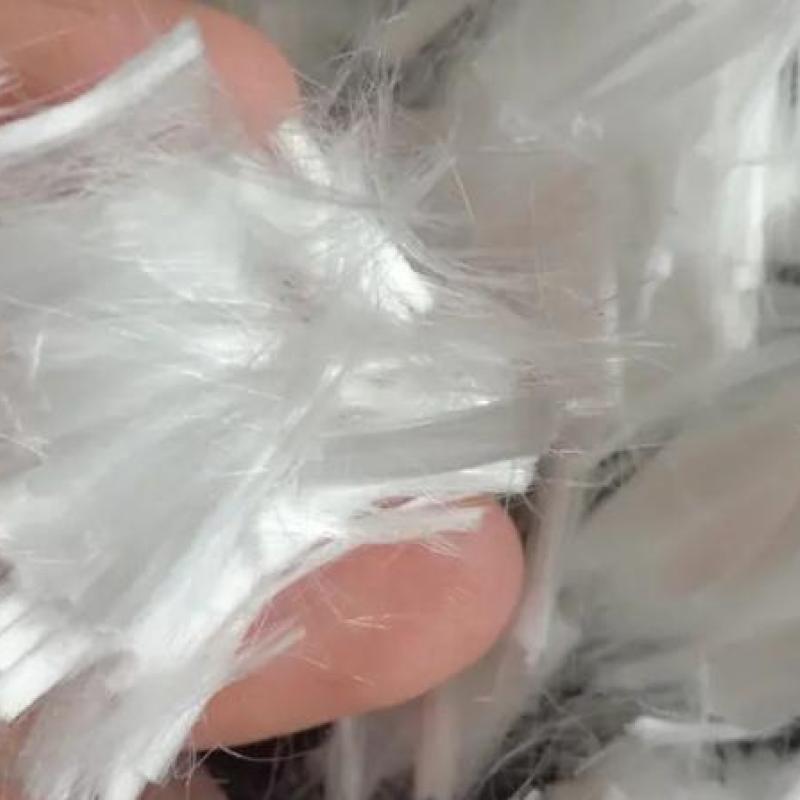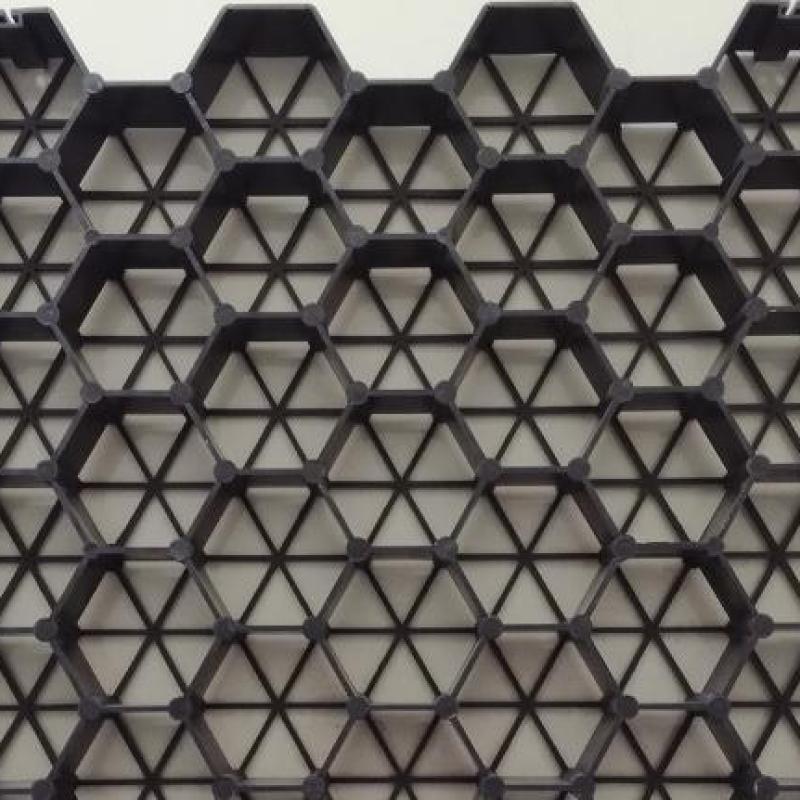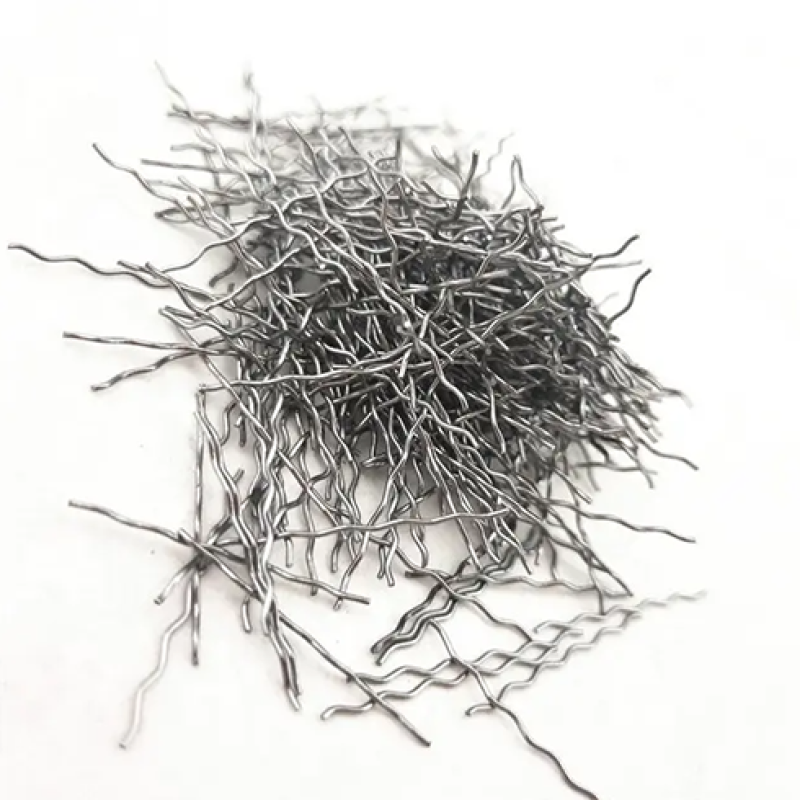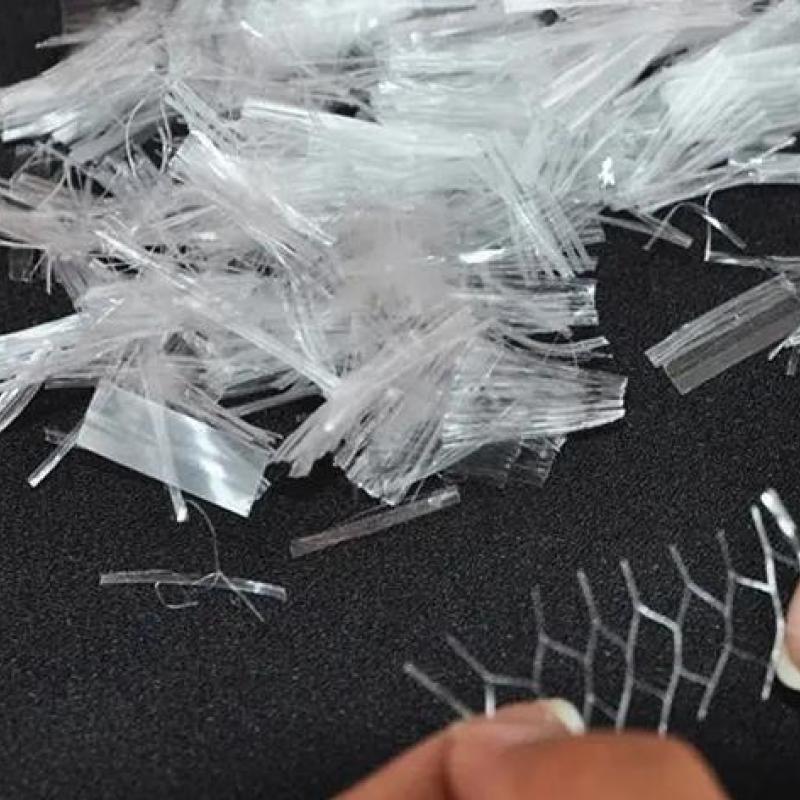Product Details Polypropylene fiber is likewise referred to as engineering fiber, concrete fiber, anti-crack fiber, artificial fiber or plastic fiber. We use high tenacity polypropylene resin because the raw fabric and convey with unique technical. Putting the pp fiber into concrete or mortar can manage the micro crack resulting from such elements because the plasticity contraction, air shrinkage.ParameterRaw MaterialPolypropyleneFiber TypeMonofilamentCrack Elongation(%)≥15Elasticity Modulus (Mpa)≥3500Density(g/cm³)0.91-0.93Fiber Diameter25-45μmTensile Strength(Mpa)500Melti
Contacter maintenant
Synthetic PP Staple Fiber Polypropylene PP Macro Fiber for Concrete EngineeringProduct Details Concrete pp fiber is made via a hundred% virgin polypropylene,adopting unique manufacturing manner to make excessive strength bundle monofilament fiber. While the fiber is put into the concrete,concrete (or mortar) can effectively manipulate concrete (or mortar) Micro-cracks that's resulting from plastic shrinkage, temperature modifications and different elements, to save you and Inhi
Contacter maintenant
Product Details Polypropylene fiber is likewise referred to as engineering fiber, concrete fiber, anti-crack fiber, artificial fiber or plastic fiber. We use high tenacity polypropylene resin because the raw fabric and convey with unique technical. Putting the pp fiber into concrete or mortar can manage the micro crack resulting from such elements because the plasticity contraction, air shrinkage.ParameterRaw MaterialPolypropyleneFiber TypeMonofilamentCrack Elongation(%)≥15Elasticity Modulus (Mpa)≥3500Density(g/cm³)0.91-0.93Fiber Diameter25-45μmTensile Strength(Mpa)500Melti
Contacter maintenant
Polypropylene fiber is also referred to as engineering fiber, concrete fiber, anti-crack fiber, artificial fiber or plastic fiber. We use high tenacity polypropylene resin because the uncooked cloth and bring with special technical. Putting the pp fiber into concrete or mortar can manage the micro crack because of such elements because the plasticity contraction, air shrinkage and temperature trade.ParameterRaw MaterialPolypropyleneFiber TypeMonofilamentCrack Elongation(%)≥15Elasticity Modulus (Mpa)≥3500Density(g/cm³)0.91-0.93Fiber Diameter25-45μmTensile Strength(Mpa)500Me
Contacter maintenant
Polypropylene fiber is also known as engineering fiber, concrete fiber, anti-crack fiber, artificial fiber or plastic fiber.We use immoderate tenacity polypropylene resin due to the fact the uncooked cloth and produce with particular technical.placing the pp fiber into concrete or mortar can manage the micro crack because of the plasticity contraction, air shrinkage and temperature exchange.ParameterRaw MaterialPolypropyleneFiber TypeMonofilamentCrack Elongation(%)≥15Elasticity Modulus (Mpa)≥3500Density(g/cm³)0.91-0.93Fiber Diameter25-45μmTensile Strength(Mpa)500Melting Point16
Contacter maintenant
Polypropylene mono-filament fiber can significantly improve the bond performance between fiber and cement mortar, concrete. This prevents early cracking of cement and concrete, effectively prevent the happening and development of mortar and concrete cracks, so to ensure uniform exudation, prevent segregation and hinder the formation of settlement cracks.
Contacter maintenant
Polypropylene fiber is also known as engineering fiber, concrete fiber, anti-crack fiber, artificial fiber or plastic fiber. We use excessive tenacity polypropylene resin because the uncooked material and produce with unique technical. Setting the pp fiber into concrete or mortar can control the micro crack because of the plasticity contraction, air shrinkage and temperature change.ParameterRaw MaterialPolypropyleneFiber TypeMonofilamentCrack Elongation(%)≥15Elasticity Modulus (Mpa)≥3500Density(g/cm³)0.91-0.93Fiber Diameter25-45μmTensile Strength(Mpa)500Melting Point160-17
Contacter maintenant
Anti Crack Concrete Fibers - Polypropylene Twisted FibersTwisted bundles PP fiber is developed for replacement of steel fiber, with polypropylene as its raw material;it is produced by special drawing twisting and surface treatment.
Contacter maintenant
Polypropylene fiber is also called engineering fiber, concrete fiber, anti-crack fiber, synthetic fiber or plastic fiber. We use high tenacity polypropylene resin as the raw material and produce with special technical. Putting the pp fiber into concrete or mortar can control the micro crack caused by the plasticity contraction, air shrinkage and temperature change.ParameterRaw MaterialPolypropyleneFiber TypeMonofilamentCrack Elongation(%)≥15Elasticity Modulus (Mpa)≥3500Density(g/cm³)0.91-0.93Fiber Diameter25-45μmTensile Strength(Mpa)500Melting Point160-170℃Acid &
Contacter maintenant
Product IntroductionHDPE Geomembrane Good mechanical properties, high tear strength,Deformation and adaptable, puncture resistance,Anti-aging, anti-ultraviolet-resistant, Anti oil and salt, pH, anti-corrosion,High temperature-resistant, non-toxic,long service life.Water,drainage, seepage, the good effect of moisture, low cost, easy construction.Parameter Test PropertiesunitTest Method Test FrequencyLKMS75LKMS10LKMS15LKMS20LKMS30 Mechanical Properties ThicknessmmD5199Per roll0.751.001.502.003.00 Densityg/ccD1505/D79290,000kg &nbs
Contacter maintenant

